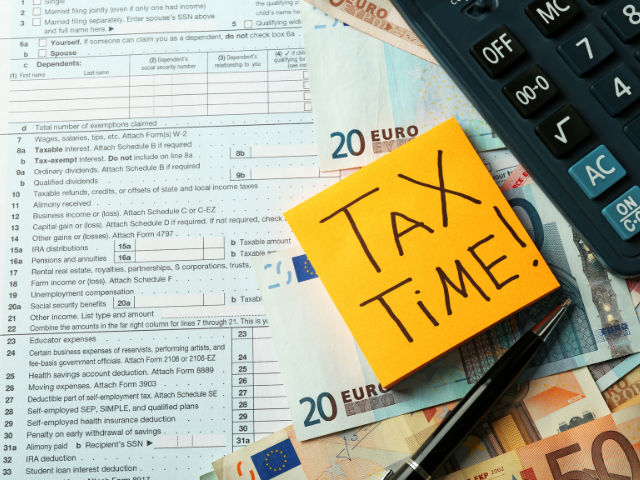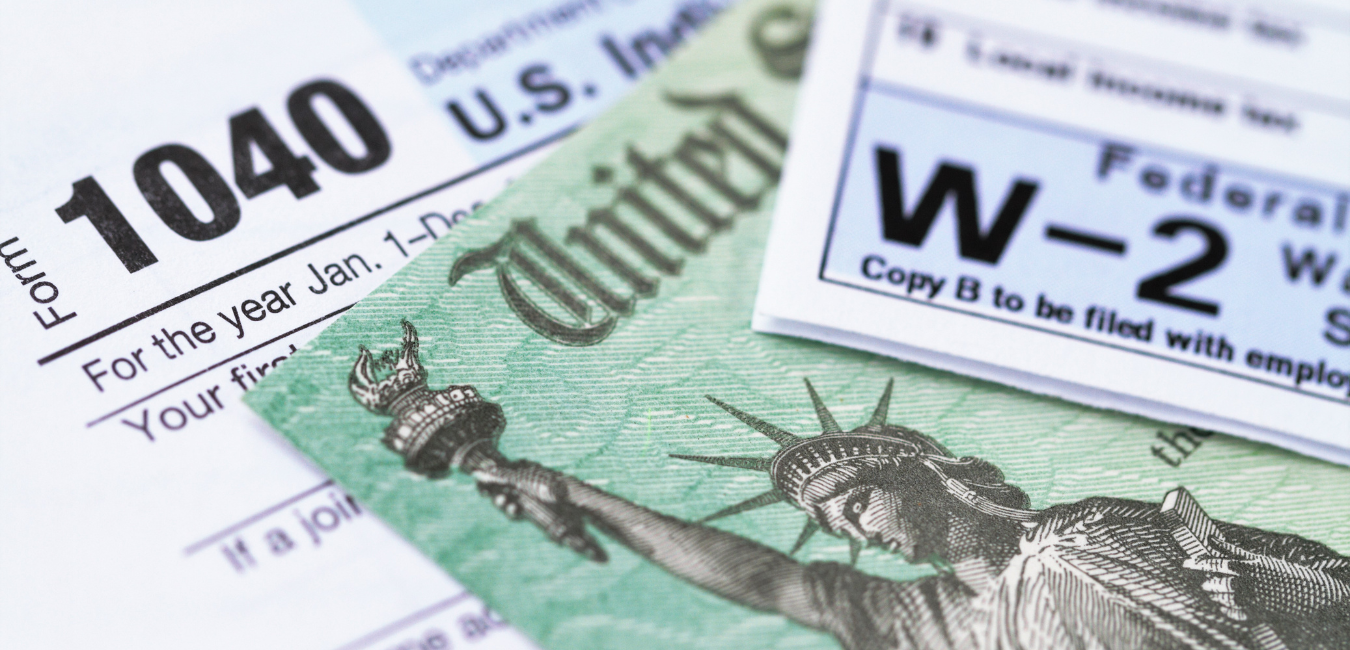Traveling the country to earn a living as a nurse or allied health professional sounds like a dream job. But don’t let that dream cloud the reality of tax season.
Taxes for travel nurses take on another level of detail. Because of the extent of travel, number of employers, and myriad locations for employment, you’ll need to keep detailed records of your assignments, income, and expenses to turn to when you start preparing to file taxes.

Taxes for Travel Nurses: Filing Tips
Keep these tips in mind as tax season nears:
- Track all work-related expenses: Any food, lodging, or travel costs associated with your assignments that weren’t covered by a staffing agency or your employer could serve as deductions come tax time. Maintain or create an itemized list that provides as much detail as possible. And hold on to those receipts! If hard copies are your thing, purchase a ledger or a bill box to keep all of these items in a safe place. If you go paperless, you can go as simple as an Excel spreadsheet or Google Sheets file or purchase a program like QuickBooks.
- Research tax filing information for every state you worked in: If you’re not working with a tax expert, do some research in advance. You’ll likely have to file taxes for each state you were employed in. Be sure that you know what’s expected in each location, as not every state has individual income taxes. For ease of access, do this as you take on new employment in a new state and file the information with your expenses.
- Work with a CPA or tax expert: Connect with a tax professional who understands the unique situations that travel nurses and travel allied health staff encounter. Filing taxes is complicated enough when you have one job in one state. Don’t work yourself into a corner by not asking for help. For first-time travelers, we encourage you to visit the IRS website and Travel Nurse Tax, which offers free consultations.
- Keep track of stipends: As a travel nurse, you likely received stipends for housing, food, or professional development. Those can be considered among your tax deductions, so make sure those are in order and well documented. Again, store these with your expense files so everything is together when you begin filing.
- Understand tax home rules and have a tax home established: Your tax home is the general area where your primary residence or place of employment is located. So if you’re a travel staffing professional who primarily works in the Midwest, but your permanent residence is in Florida, the Midwest region would be your tax home. Your tax home affects “whether business expenses for transportation, meals, and lodging will be treated tax-free,” according to Investopedia. Various accounting companies or services can help walk you through establishing a tax home if needed.
Disclaimer: This post is for informational/educational purposes only and should not be taken as financial advice. Always consult a tax professional like a CPA prior to making any monetary decisions.

The Bottom Line
Organization is key when it comes to filing taxes for travel nurse careers or those in the travel allied health or per diem industries. Keep meticulous records of everything. Research tax homes, accounting professionals, and state tax filing laws well in advance of Tax Day (Tuesday, April 15, 2025). And don’t be afraid to ask for help from your Luminous Travel Staffing recruiter!


